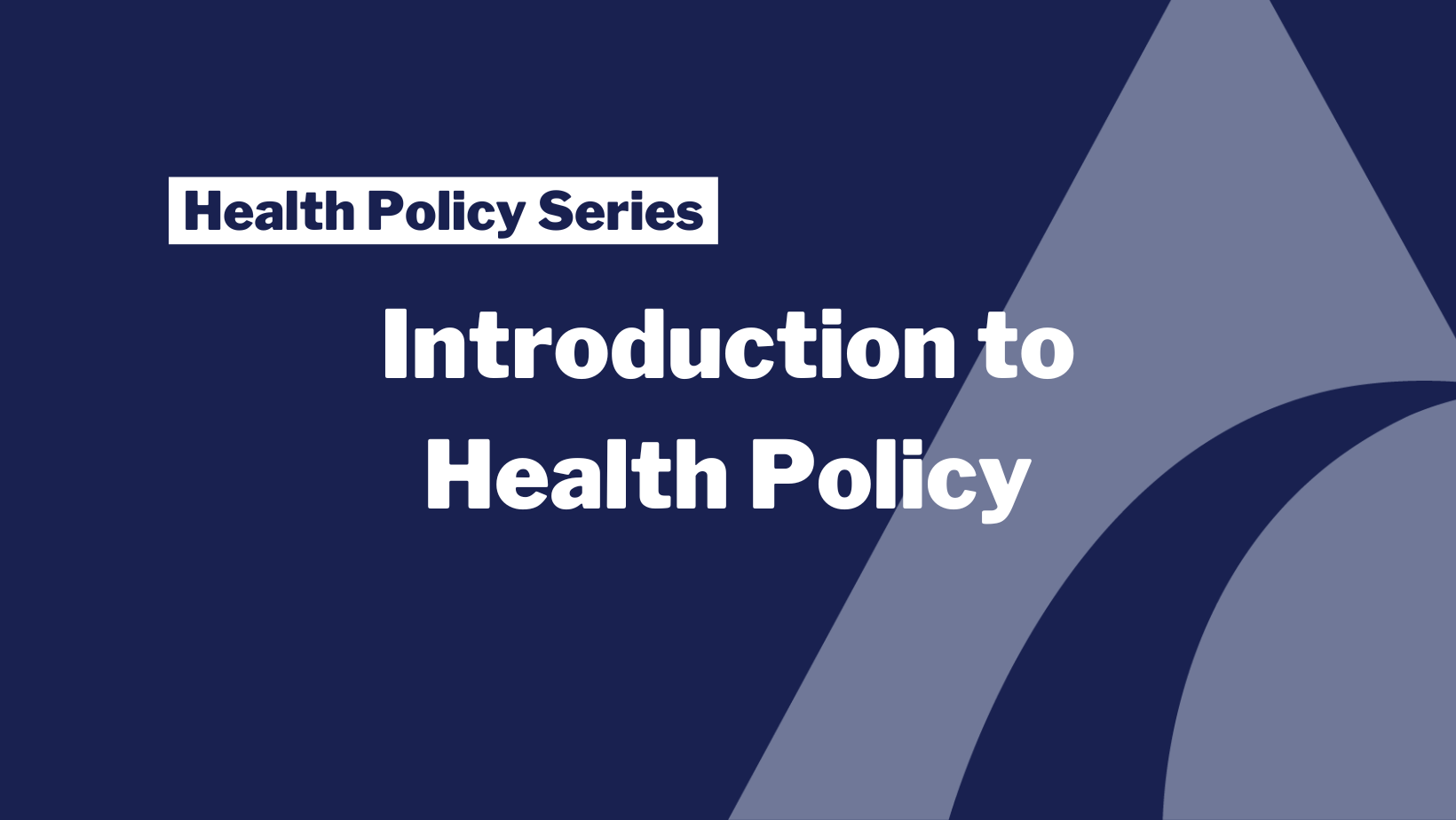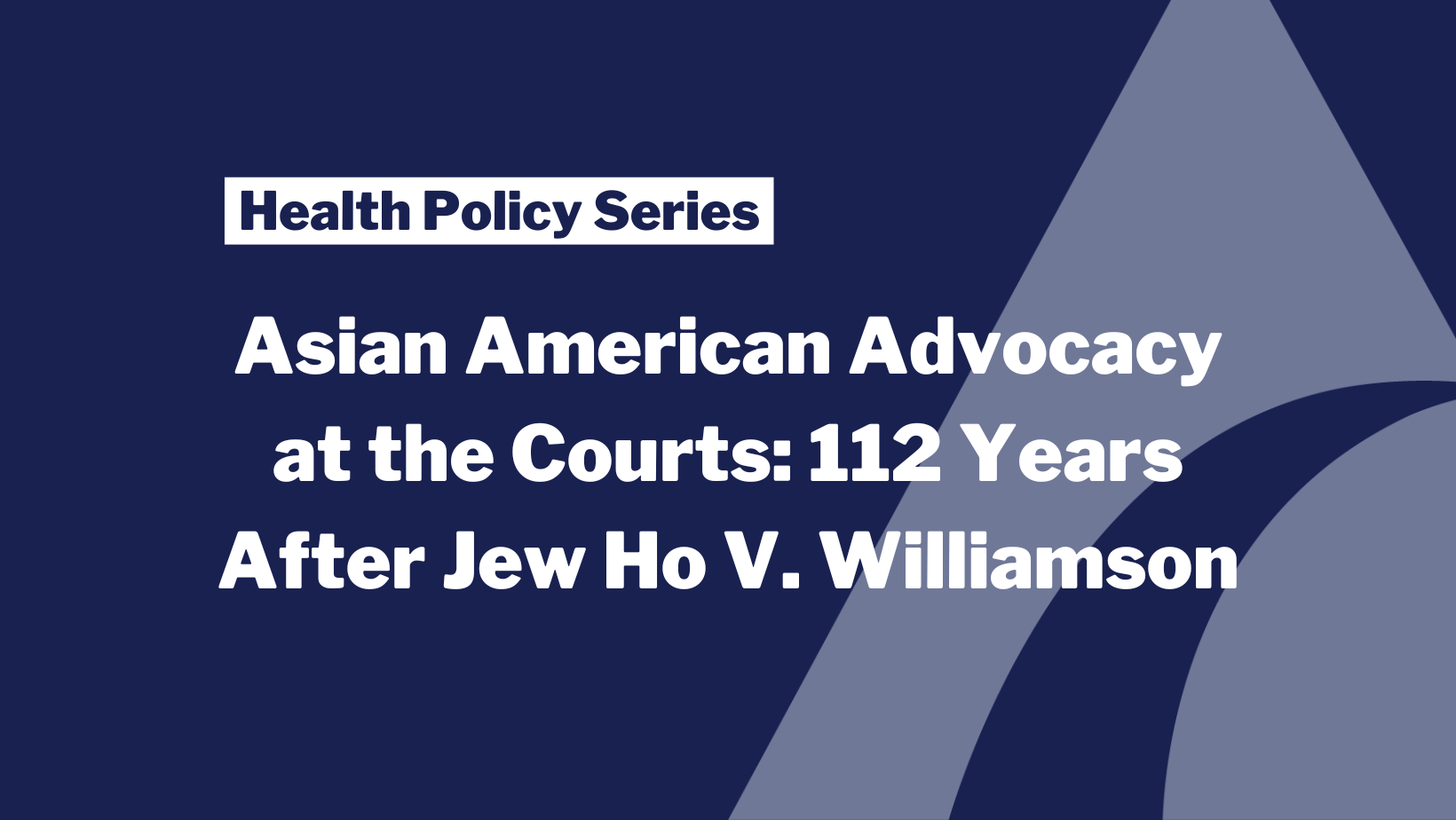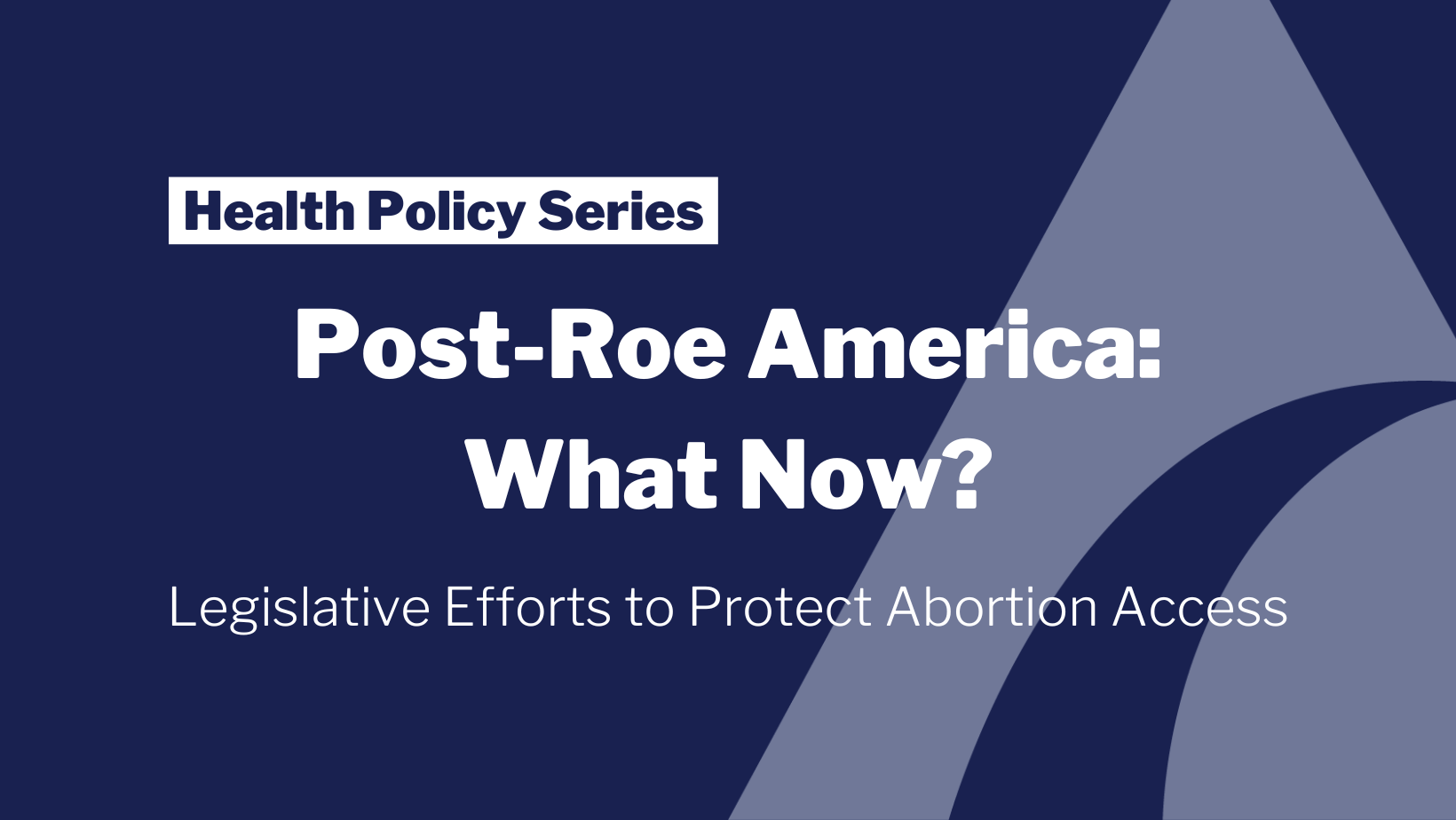Statement on the Monterey Park and Half Moon Bay Shootings
It is with heavy hearts and great mourning that we at National APAMSA now take a step back from the festivities of the Lunar New Year to respond to the tragedy that occurred the same weekend. On Saturday, January 21st, 2023, a mass shooting took place in Monterey Park, CA that killed 11 victims and injured 9 others. Just two days afterward, Half Moon Bay, CA likewise suffered a mass shooting that took the lives of at least 7 more people. Many of those who passed away were members of the AANHPI community.
We lament the horrors that unfolded at a time meant for celebrations and rejoicing with loved ones; we cannot know how unspeakably painful it must be for those who lost their loved ones that same evening. Our hearts and deepest sympathies go out to all those in our AANHPI communities who must now endure such unbearable sorrows.
We respond to the Monterey Park and Half Moon Bay shootings with the recognition that they are tragically not the only ones that have disproportionately affected racial minorities generally and the AANHPI community specifically. The past year has seen far too many violent crimes, from New York City and Brooklyn to Laguna Woods and Buffalo. And earlier this month, an Indiana University student was stabbed for “being Chinese”. It is with great frustration and heartbreak that we must reiterate our condemnation of the senseless violence that endangers our communities. We continue to offer our support to all of our local chapters and members, especially in California and Indiana, and we encourage you to reach out with any specific ways we can be of service. Please also consult our list of mental health resources if you are interested in learning more.
For questions or concerns about this statement, please reach out to Eric rapidresponse@apamsa.org
If you are interested in exploring additional ways APAMSA can lend our support during these trying times, please reach out to Nathan at mentalhealth@apamsa.org, the Region 5 Directors at region5@apamsa.org, the Region 7 Directors at region7@apamsa.org, and the Region 8 Directors at region8@apamsa.org.
Health Policy Series: Introduction to Health Policy
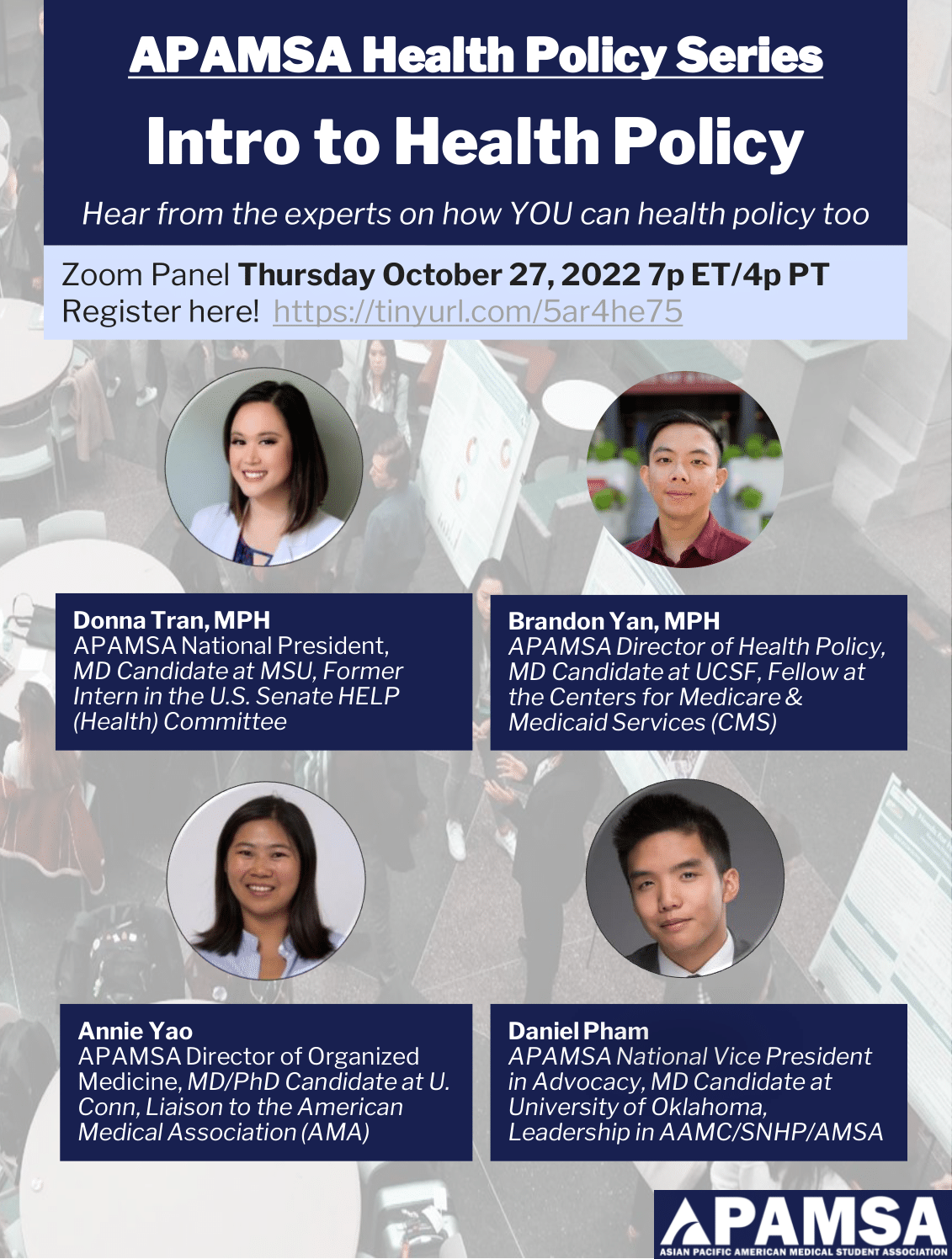
APAMSA Health Policy Series hosted an Introduction to Health Policy Panel for medical students on October 27, 2022. Panelists included Brandon Yan (Director of Health Policy), Daniel Pham (Advocacy Vice President), and Donna Tran (National President) on our APAMSA National Board.
For any follow up questions, please email healthpolicy@apamsa.org
Asian American Advocacy at the Courts: 112 Years After Jew Ho v. Williamson
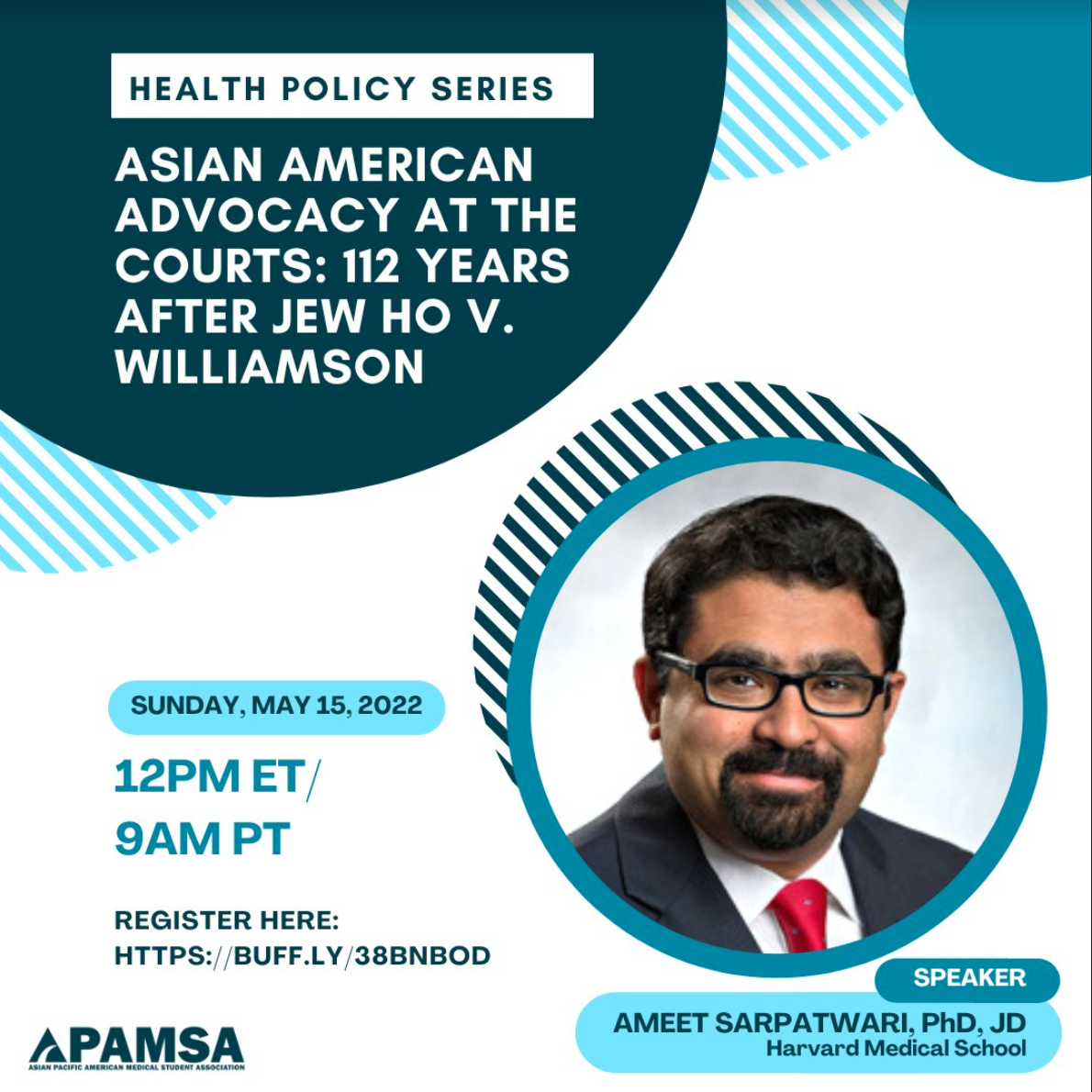
An entire neighborhood quarantined, the Chinese unable to leave. No, not COVID in 2022, but San Francisco in 1900. Public health law was used to oppress an entire people under false pretenses.
Come learn more about how the community fought back and won on May 15 during the next edition of our health policy series with Harvard professor Ameet Sarpatwari! 2022 proves to be a pivotal year at the Supreme Court with the looming overturn of Roe v Wade and a slew of high-profile cases on issues including immigration and gun rights. We bring Harvard Medical School professor Ameet Sarpatwari to talk about Asian American advocacy at the courts using a case that brings together anti-Asian racism, public health emergency powers, and Asian American resilience.
Come learn about how a brave Chinese American grocery store owner fought San Francisco in federal court and won. Professor Sarpatwari is professor of the highly-rated and student favorite course on public health law at the Harvard T.H. Chan School of Public Health.
Come join us for an engaging discussion, Sunday May 15 at 12pm ET/9am PT!
Post-Roe America: What Now? Legislative Efforts to Protect Abortion Access
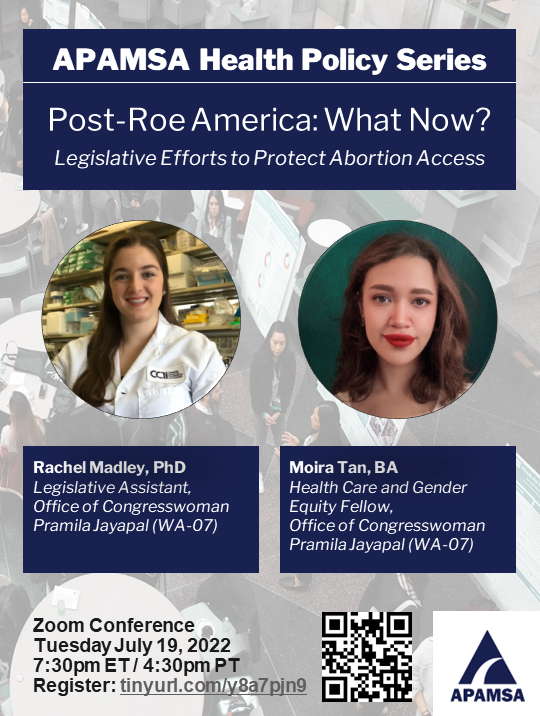
Roe v Wade is now overturned, and along with it the Constitutional right to an abortion. APAMSA stands firm in its commitment to reproductive rights including access to abortion services as specified in our official statement.
In the next edition of APAMSA’s health policy series, we will hear from special guests Rachel Madley, legislative aid in the office of Congresswoman Pramila Jayapal, and Moira Tan, health and reproductive justice fellow in the office of Congresswoman Pramila Jayapal, on the legislative options under consideration to preserve access to abortion in America following the overturn of Roe v Wade. They will also share how medical students can help support these efforts in Congress.
Disclaimer: APAMSA is a non-profit organization. The event is for educational purposes and should not be interpreted as an endorsement of any political party or candidate. The views expressed during this event are solely those of the speakers themselves and should not be construed to reflect the views of APAMSA or its affiliates.
Statement on the Inflation Reduction Act
The Inflation Reduction Act (IRA) of 2022, a broad piece of legislation with significant ramifications for inflation, climate change, and healthcare pricing, was officially passed through Congress on August 12th and signed into law on August 16th.
Regarding healthcare, this progressive bill allows Medicare to negotiate drug prices. Additionally, Medicare now caps drug costs for seniors to $2,000 per year and insulin to $35 per month. The IRA also extends ACA subsidies beyond 2022 and through 2025, thus precluding premium increases for over 10 million people and the loss of insurance coverage for an additional 3 million people. Of course, these changes are not without downsides. Drug price caps are bound to reduce pharmaceutical companies’ revenue, disrupting the health economy. Extending ACA subsidies will increase government spending. Nevertheless, we believe the benefits of these changes outweigh the financial costs they bring.
Many of the IRA’s political dimensions are outside of National APAMSA’s scope. However, insofar as this bill relates to healthcare, we applaud its passage as a step forward in promoting healthcare access and affordability (see our Policy Compendium Resolution 10.001). As valuable for healthcare professionals to be committed to caring for underserved communities, we recognize there are limitations when patients cannot afford the care they need. We are thus excited to see new legislation continue to advance the health of our communities and the ability of our healthcare professionals to care for those in need.
National APAMSA also looks future-ward to what work remains for us to accomplish. Although the IRA capped insulin prices to $35 for Medicare enrollees, it failed to extend that limit to all private insurance companies. Moreover, there are still 12 states that have not expanded Medicaid up to the 138% of the federal poverty level, thereby denying 3.7 million people healthcare coverage. The AANHPI community would see a roughly 25% reduction in uninsurance if these states were to expand their Medicaid coverage. We urge our policymakers to rectify these shortcomings and further protect the health of our communities through legislation.
For questions or concerns about this statement, please reach out to Eric rapidresponse@apamsa.org
APAMSA Joins AAMC’s Amicus Brief in Consideration of Race in Higher Education Admissions
The Association of American Medical Colleges (AAMC) published an amicus brief on July 29, 2022, for the trials Students for Fair Admission v. Harvard and Students for Fair Admission v. University of North Carolina. These trials, which have examined the constitutionality of the consideration of racial and ethnic identities in the higher education admissions process, are due to appear before the Supreme Court this upcoming cycle.
National APAMSA has joined the AAMC in submitting its amicus brief, upholding the importance of affirmative action in these admissions processes. As affirmed in our policy compendium (Resolution 40.003) and in a 2019 joint statement with several other medical student organizations, APAMSA believes it is integral to the health of our communities and the welfare of the medical profession that there is racial and ethnic diversity within the physician workforce.
Health disparities are rampant along racial and ethnic lines, and a diverse healthcare workforce helps our communities receive the care they need. As the amicus brief notes, the overruling of Supreme Court precedent defending affirmative action will likely dramatically decrease the number of racial and ethnic minorities in medical schools across the country. In light of the broader nuances surrounding each applicant and their experiences, a failure to consider these factors would undoubtedly hinder efforts to recruit capable and meritorious applicants of diverse backgrounds to medical schools.
National APAMSA urges the Supreme Court to uphold its longstanding precedent of defending affirmative action. We believe that it is vital toward the well-being of our diverse communities and equity of our admissions processes.
For questions or concerns, please reach out Sang Min (Kevin) Lee, AANHPI Advocacy Director at to AANHPI@apamsa.org
Response to the Overturning of Roe v. Wade
Following their leaked draft opinion on May 2nd indicating that they would be voting to overturn Roe v. Wade, the Supreme Court officially overruled the landmark decision to protect the right to abortion on June 24th, 2022. Individual states will now have the authority to determine whether to permit or to ban abortions within their borders. We at National APAMSA stand firm in our previous statement that we published in response to the leaked draft opinion: Whether patients have access to abortion services should not depend on where they happen to live, but rather must be protected and upheld at the national level. Reproductive rights are impacted by racial and economic injustices, such that minority women, including those in the AANHPI community, are particularly burdened by impediments to reproductive health services. We lament with those who fear for their loss of healthcare access, and we call all other healthcare organizations to join us in denouncing this decision. We urge the policymakers in each individual state to fight for continued abortion services, just as we urge the Supreme Court Justices to reconsider their decision. APAMSA will continue to fight for our AANHPI communities and advocate for equality and social justice for all women.
For questions or concerns, please reach out to Eric Kim at rapidresponse@apamsa.org
Response to Supreme Court’s “Leaked Draft” Indicating Intent to Overturn Roe v. Wade
A Supreme Court draft opinion leaked on May 2nd, 2022 indicated at least five Justices have voted to repeal the 1973 Roe v. Wade decision and its subsequent 1992 Planned Parenthood v. Casey decision. The official vote will not be finalized until the end of June or early July, but it is crucial to recognize that overturning Roe would remove its 49-year-old protection of the right to receive an abortion. If this document is reflective of the Court’s coming decision and Roe is indeed overturned, maternal mortality rates will increase. Additionally, this may threaten the decisions made for other landmark cases and ultimately jeopardize access to birth control and other medical services.
National APAMSA unequivocally denounces this egregious obstruction to safe and effective healthcare. Whether an individual has access to abortion and birth control should not depend upon where they happen to live. We believe that such services must be made universally available and defended as an unambiguous right at the federal level.
APAMSA recognizes, especially in regards to abortion, that we do not speak for the views of all of our members, let alone the views of all AANHPI medical students, healthcare professionals, or community members. However, as a healthcare organization committed to core values of patients’ autonomy and their rights to healthcare access and quality, especially within the AANHPI communities, we are obligated to speak out in defense of those values.
Joining other healthcare organizations, we urge the Supreme Court Justices to reconsider their votes to prevent the immeasurable harm such a momentous decision would cause.
For questions or concerns, please reach out to:
National Rapid Response Director, Eric Kim at rapidresponse@apamsa.org
National Vice-President of Advocacy, Daniel Pham at advocacy@apamsa.org
APAMSA Endorses Efforts to Address South Asian Heart Health
General Inquiries:
Daniel Pham
National Vice President of Advocacy
Asian Pacific American Medical Student Association
advocacy@apamsa.org
WASHINGTON – The House’s Energy and Commerce Committee passed the bipartisan South Asian Heart Health Awareness and Research Act (“the Act”) on May 18th, 2022. APAMSA commends the progression of this important legislation.
The Act, introduced by Rep. Pramila Jayapal (D-WA) and Rep. Joe Wilson (R-SC), would create grants annually within the Centers for Disease Control and Prevention for actionable public health interventions ranging awareness initiatives, educational materials, and research catalogs targeted at the South Asian community.
Additionally, the Act would authorize the National Institutes of Health to conduct or support heart health research among the South Asian population and establish a clearinghouse and web portal of information on heart health.
Cardiovascular disease is widely known to be the leading cause of death in the United States, yet this issue is even more pressing among South Asian Americans. South Asians around the world (people from Bangladesh, Bhutan, India, the Maldives, Nepal, Pakistan, and Sri Lanka) bear a higher risk of atherosclerotic cardiovascular disease (ASCVD) and a higher mortality rate from ischemic heart disease than other populations.
Importantly, Asian Americans have a lower ASCVD risk than other populations but only by disaggregating the data can it elucidate that the South Asian American population has a heightened risk of ASCVD. The increased prevalence of risk factors such as diabetes mellitus, hyperlipidemia, and hypertension in these communities is what drives this increased ASCVD burden in this population. The Act would provide grants for disaggregated research on ASCVD and related diseases for the South Asian American population.
APAMSA recognizes the importance of data disaggregation to further understand the unique challenges and public health burdens in our underserved communities, and this bill is a significant step in furthering that vision.
Asian Pacific American Medical Student Association (APAMSA) is a 501(c)(3) national organization of medical and pre-medical students committed to addressing the unique health challenges of Asian American, Native Hawaiian, & Pacific Islander (AANHPI) communities.
Statement on the Laguna Woods and Buffalo Shootings
In the latest of a harrowing string of attacks, a Taiwanese church in Laguna Woods, California fell victim to a shooting on May 15th, 2022. Just the day before, Buffalo, New York suffered its own tragedy as a man shot and killed ten Black Americans at a grocery store, in what is currently being investigated as a hate crime. A few days prior to that, a shooting in the Koreatown of Dallas, Texas left three women wounded and is also being investigated as a hate crime.
We lament the fact that these horrifying events are but the latest of a recent string of violent acts, both against Asian Americans and otherwise. It is with heavy hearts that we find ourselves restating our opposition to gun violence so frequently. Yet we also take this opportunity to honor Dr. John Cheng, the 52-year-old AANHPI physician who had charged at the Laguna Woods shooter and, by his sacrifice, ensured that no one else died that day. He has demonstrated immense heroism and selflessness not only in the face of this crisis, but also throughout his faithful service to his community as a sports medicine doctor. We grieve for his wife and two children, just as we grieve for all of the families who lost loved ones over the preceding weeks.
Once more, National APAMSA offers its support to the local chapters and members of New York, California, and Texas during these frightening times, and we encourage you to reach out with any specific ways we can be of service.
For questions or concerns about this statement, please reach out to Eric rapidresponse@apamsa.org
If you are interested in exploring additional ways APAMSA can lend our support during these trying times, please reach out to Nathan at mentalhealth@apamsa.org, or our relevant Regional Directors at region2@apamsa.org (New York), region7@apamsa.org (California), and region9@apamsa.org (Texas).
